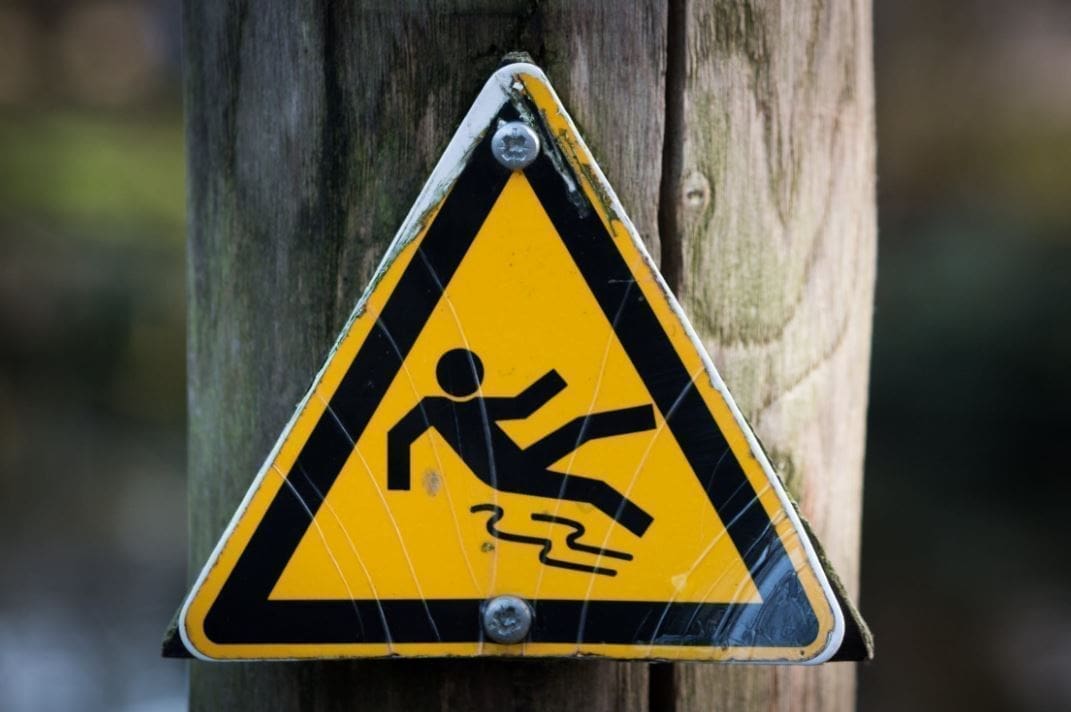Advice from a Civil Tort Attorney in Israel
Did you slip and fall due to the negligence of others? Were you perhaps sold defective products by a careless manufacturer? Or did you, unfortunately, suffer bodily harm as the passenger of a reckless driver? All of these circumstances are examples of torts. A tort is any wrongful act that causes someone an injury or a loss. The victim of a tort in Israel has the right to file a financial compensation lawsuit as a remedy for the harm they endured.
The following article will explain the basics of tort law in Israel. You will learn about the different types of torts and important facts about successfully suing in Israel. If after reading this article you still have additional questions regarding tort claims in Israel and need the assistance of a civil tort attorney, please feel free to contact us. Our law firm has offices both in Tel-Aviv and in Jerusalem. Call 03-3724722 or email us at [email protected].

Tort law in Israel
In Israel, a tort is defined as a civil wrong. In other words, tort law in Israel (dinei nezikin in Hebrew) is part of civil law rather than criminal law. Therefore, instead of being punished by the state, the wrongdoers must pay monetary compensation directly to the persons they harmed. Regardless of whether it was an intentional tort or an act of negligence, the injured party in Israel has the right to file a financial compensation lawsuit for their losses and for their pain and suffering. Note that a breach of contract is not considered a tort since it is covered by contract law in Israel. Contract law deals with explicit consensual agreements, whereas tort law is concerned with the implicit duty of care that people have towards each other in society. Tort law addresses all forms of damage, including financial losses (also called pecuniary losses), property damage, bodily injuries, harm to a person’s psychological well-being, and harm to a person’s privacy or reputation.
Why hire a tort attorney in Israel?
The primary source of tort law in Israel is the Civil Wrongs Ordinance. The ordinance was originally put in place by the British Mandate government prior to the establishment of the State of Israel. Subsequently, the Israeli legislature chose to officially incorporate it into its legal code. Later legislation has updated certain aspects of tort law (such as harm caused by car accidents, sale of defective products, or sexual harassment). In order for a financial compensation lawsuit to succeed, we strongly advise you to use the services of an experienced torts lawyer in Israel. Note that the statute of limitations on tort claims in Israel is generally 7 years. Moreover, the sooner you begin gathering evidence that a tort was committed against you, the more likely you are to convince the court. Therefore it is important to contact a tort attorney in Israel without delay if you have been the victim of a tort. It is important for your suit be represented by a civil tort attorney with extensive professional knowledge of tort law in Israel and of the vast array of relevant legal precedents. Our law firm has attorneys with extensive experience and knowledge regarding damages claims and other tort cases in Israel.

Examples of specific torts
It is customary in the Israeli judicial system to distinguish between two primary types of torts – specific torts (such as fraud or defamation) which are explicitly defined by law, and general torts (such as negligence) which cover broad categories of human behavior. The Civil Wrongs Ordinance clearly names and defines several specific torts, including assault, false imprisonment, nuisances, misappropriation, and fraud, among others. Additional legislation has expanded the list to include acts such as defamation, the sale of defective products (also known as product liability), and sexual harassment, to name a few. An Israeli tort attorney has expert knowledge regarding the laws and ordinances that provide precise legal definitions for the specific torts. The torts lawyer also knows the different judicial precedents relevant to each particular case and therefore is uniquely equipped to successfully win a financial compensation lawsuit on behalf of their client.
The elements of a negligence claim
Many of the financial compensation lawsuits in Israel are filed in response to the general tort of negligence. Professional malpractice and Medical malpractice are specific types of negligence. All negligence claims are concerned with the harm caused to a person due to insufficient care or caution. The civil attorney in Israel representing the plaintiff (i.e. the person filing the lawsuit) must prove four facts that together constitute the tort of negligence:
- It must be demonstrated that the defendant had a “duty of care” towards the claimant. Occasionally, the duty of care is rooted in a formal relationship such as a physician and their patient or an employer and their employee. However, to some extent, all individuals have a neighborly duty of care to not be reckless with the safety of others.
- Additionally, it must be shown that their actions were wrongful. A wrongful act is an action that deviates from the desirable behavior of a reasonable person. This deviation from the desired norm is called a “breach of duty”. If a reasonable person should have been able to foresee the harm which their action could cause, then the defendant’s actions constitute a breach of duty.
- For it to be considered a tort, the plaintiff must have suffered harm. The harm can be pecuniary (i.e. financial; such as property damage), non-pecuniary (such as pain and suffering), or a combination of both (as in the case of bodily damage).
- Finally, it must be proven that the harm was caused by the defendant’s wrongful behavior.
Compensatory damages vs. punitive damages
If the court is persuaded that the defendant is guilty of committing a tort against the claimant, then the court will conduct a case evaluation. The evaluation will determine the amount of compensatory damage needed to rectify all of the harm done. In some cases, especially when the tort is intentional and malicious, the court may impose punitive damages in addition to the compensation. The purpose of punitive damages is to punish the perpetrator and to act as a deterrent. However, they are very rarely imposed in Israel.
Additional articles of interest regarding tort law in Israel
If this article, “Advice from a Civil Tort Attorney in Israel”, was useful to you, then you may also be interested in other articles on our website such as Filing a Medical Malpractice Claim, Filing a Negligence Lawsuit in Israel, and Advice from a Negligence Lawyer in Israel. If you have additional questions or if you require legal help from a torts lawyer in Israel, please contact us. We have law offices both in Jerusalem and in Tel-Aviv.
מאמרים מומלצים

